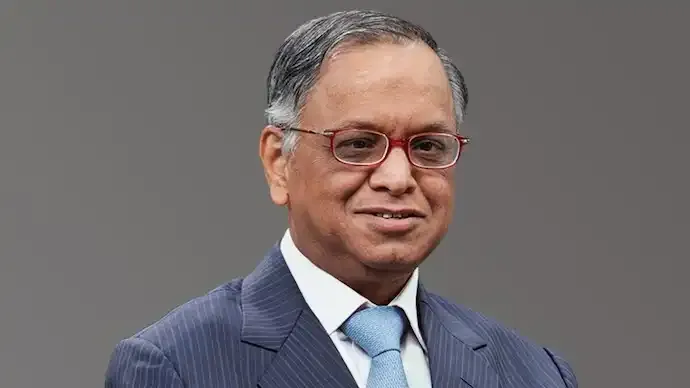Shopping cart
Your cart empty!
Terms of use dolor sit amet consectetur, adipisicing elit. Recusandae provident ullam aperiam quo ad non corrupti sit vel quam repellat ipsa quod sed, repellendus adipisci, ducimus ea modi odio assumenda.
Lorem ipsum dolor sit amet consectetur adipisicing elit. Sequi, cum esse possimus officiis amet ea voluptatibus libero! Dolorum assumenda esse, deserunt ipsum ad iusto! Praesentium error nobis tenetur at, quis nostrum facere excepturi architecto totam.
Lorem ipsum dolor sit amet consectetur adipisicing elit. Inventore, soluta alias eaque modi ipsum sint iusto fugiat vero velit rerum.
Sequi, cum esse possimus officiis amet ea voluptatibus libero! Dolorum assumenda esse, deserunt ipsum ad iusto! Praesentium error nobis tenetur at, quis nostrum facere excepturi architecto totam.
Lorem ipsum dolor sit amet consectetur adipisicing elit. Inventore, soluta alias eaque modi ipsum sint iusto fugiat vero velit rerum.
Dolor sit amet consectetur adipisicing elit. Sequi, cum esse possimus officiis amet ea voluptatibus libero! Dolorum assumenda esse, deserunt ipsum ad iusto! Praesentium error nobis tenetur at, quis nostrum facere excepturi architecto totam.
Lorem ipsum dolor sit amet consectetur adipisicing elit. Inventore, soluta alias eaque modi ipsum sint iusto fugiat vero velit rerum.
Sit amet consectetur adipisicing elit. Sequi, cum esse possimus officiis amet ea voluptatibus libero! Dolorum assumenda esse, deserunt ipsum ad iusto! Praesentium error nobis tenetur at, quis nostrum facere excepturi architecto totam.
Lorem ipsum dolor sit amet consectetur adipisicing elit. Inventore, soluta alias eaque modi ipsum sint iusto fugiat vero velit rerum.
Do you agree to our terms? Sign up

Infosys founder Narayana Murthy has once again sparked debate over India’s work culture, productivity standards, and the need for long working hours. In a recent interview, the 79-year-old referenced China’s controversial 9-9-6 system — a 72-hour work week — as an example of the work ethic he believes young Indians must adopt for the country to accelerate its economic growth.
Murthy’s remarks follow earlier comments from 2023, when he suggested that Indians should voluntarily work 70 hours a week as part of “nation-building.” His latest comments revive the same discussion, this time drawing a direct comparison with China’s rapid rise over the last several decades.
The 9-9-6 system refers to employees working from 9 a.m. to 9 p.m., six days a week, totalling 72 hours. The practice became widely associated with Chinese technology giants during their explosive growth phase and was often championed as a key driver of China’s innovation and manufacturing success.
Despite its reputation for pushing productivity, the 9-9-6 model also attracted severe criticism for promoting burnout, poor mental health, and unsafe working conditions. In 2021, China’s Supreme Court declared the system illegal — although reports indicate that its enforcement remains inconsistent.
Speaking to Republic TV, Murthy said India can close the gap with China only if the country's youth embrace longer, more disciplined work routines. He reiterated that India’s current growth rate of 6.57% is solid but insufficient to match China’s economic scale, which is nearly six times larger.
He emphasised that extraordinary national effort — from citizens, bureaucrats, politicians, corporate leaders, and institutions — is necessary to accelerate India’s transformation.
Murthy argued that individuals should prioritise building their careers before seeking work-life balance, stating, “Get a life and then worry about work-life balance.”
Murthy said India can surpass global benchmarks if its workforce sets “high standards” and “extraordinary benchmarks” for performance. India’s progress, he said, will depend on the “collective sum of individual excellence.”
His remarks have reignited debate on whether long working hours actually lead to higher productivity — or whether India needs structural reforms, better workplace environments, and skill upgradation instead of extended workweeks.
5
Published: 11h ago